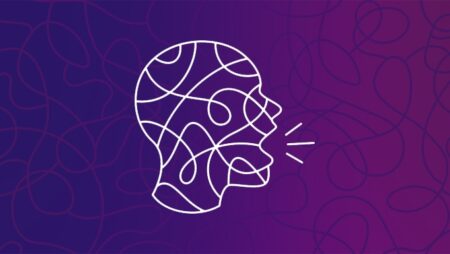Major Areas of Research
Covid-19
The global pandemic has brought to the fore the pressing problems caused by disinformation, leading many scholars to study the “infodemic” that is accompanying and exacerbating the public health crisis. Disinformation about the virus has already led to serious health repercussions in countries around the world. Our research on COVID-related disinformation looks at the prominence of stories by junk news outlets and state-backed media outlets on social media. ComProp researchers are also investigating the systems that help these junk news stories to succeed: from the online advertising ecosystem to incentives on social media platforms.
Elections
The tools of computational propaganda are often deployed around elections, as various actors seek to sway public opinion through legitimate and illegitimate means. Our research on disinformation and elections looks at information-sharing on social media by members of the electorate, foreign influence campaigns, and the role of these campaigns in political polarization. We have conducted research on elections in Europe, North America, South America, the Middle East, and Asia.
Tech Platforms and Governance
Our team is interested not only in the content of disinformation but also in the technologies and systems that shape the information landscape. To this end, our research examines the various forces constraining and enabling computational propaganda: how tech companies incentivise and amplify problematic content, how governments seek to regulate these companies, and how tech platforms themselves are responding.
State Sponsored Disinformation
The tools of computational propaganda are increasingly deployed by states to shape public opinion, sow distrust, and create confusion both at home and abroad. Our research on state-sponsored disinformation looks at the proliferation of “cyber troops” in countries around the world, the reach and contents of state-sponsored media outlets, and the impacts of foreign influence operations.



